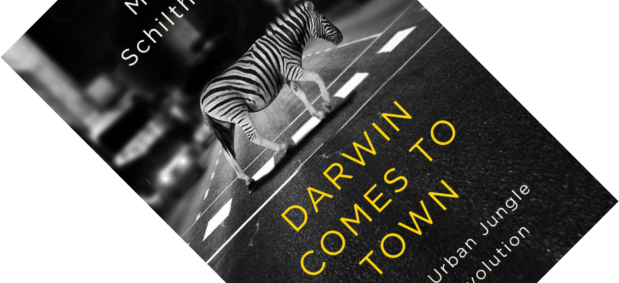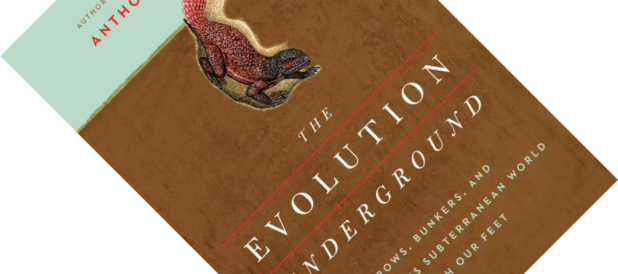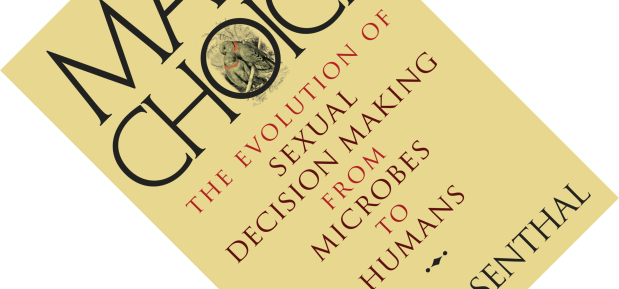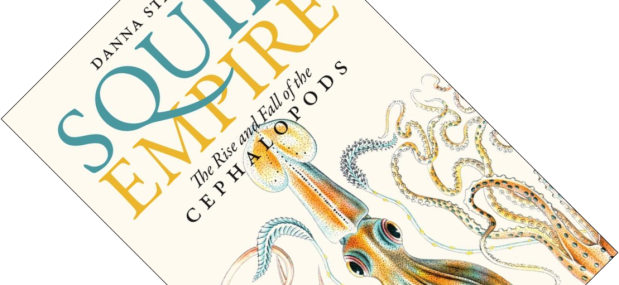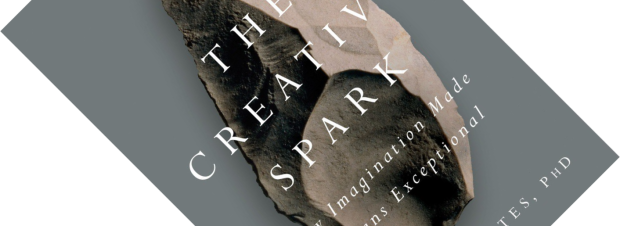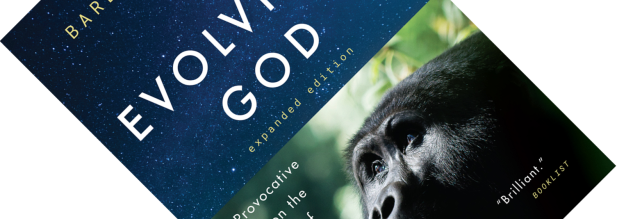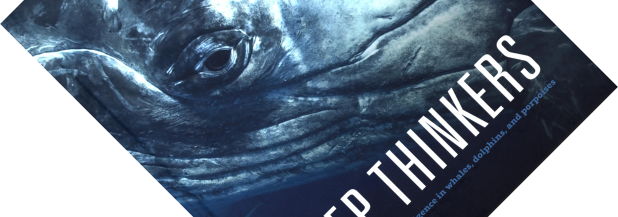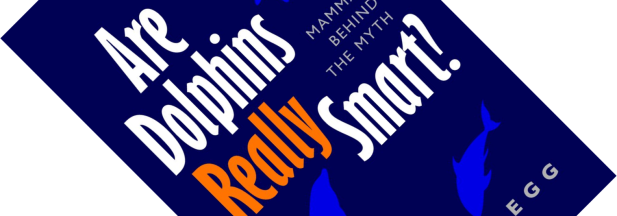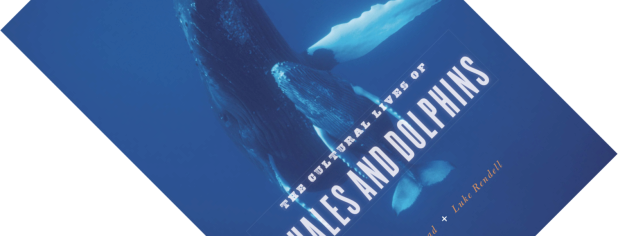Do you have a dog? I grew up surrounded by Newfoundlanders. Ever wondered what they are thinking? Whether they think at all? You’d be forgiven for thinking that What It’s Like to Be a Dog is another book for dog lovers and, in part, it is. But don’t let the title mislead you, this book is primarily a popular account of ongoing developments in animal neuroscience, specifically on what scanning mammal brains using magnetic resonance imaging (MRI) can tell us about our shared similarities.
animal behaviour
Book review – Darwin Comes to Town: How the Urban Jungle Drives Evolution
We biologists are a moody bunch, aren’t we? Forever lamenting the loss of biodiversity and unspoiled wild nature around us as humanity transforms the planet. The Anthropocene, the sixth extinction – I dare say you could accuse us of a certain doom-mongering. We ought to present a united front to the many threats unscrupulous groups in the outside world throw at our precious wildlife. So, beware the biologist that breaks rank and suggests a different narrative – he or she can expect a healthy amount of criticism. So it was with Chris D. Thomas’s recent book Inheritors of the Earth: How Nature is Thriving in an Age of Extinction (read my interview with him over at my employer’s blog The Hoopoe). And so it is with Menno Schilthuizen’s new book Darwin Comes to Town: How the Urban Jungle Drives Evolution. You leave it to us pragmatic Dutch to say out loud the things you don’t like to hear…
Book review – The Evolution Underground: Burrows, Bunkers, and the Marvelous Subterranean World Beneath Our Feet
An underground lair… what child didn’t daydream about it? As a child, I spent several summer holidays with friends constructing one. Granted, we didn’t really burrow, we dug a pit and put a roof back over it. Even so, if I am to believe Anthony J. Martin, I am but one in a long line of burrowing animals. With The Evolution Underground, Martin paints a surprising picture of the underrated role that burrowing has played throughout evolutionary history.
Book review – Mate Choice: The Evolution of Sexual Decision Making from Microbes to Humans
I have to preface this review by pointing out that I did not read this book from a fully neutral position. Gil Rosenthal, a professor in biology, ecology and evolutionary biology at Texas A&M University, does mate choice research on fish. So did I. Though he works on live-bearing swordtails and I worked on threespine sticklebacks, some of the work he discusses has been written by people I knew personally as supervisor, co-workers or colleagues. Many more publications referenced are ones I also read during the course of my PhD research. You could say that mate choice research is a field I am, errr, intimately familiar with. At least where fish are concerned. At the same time, I left academia after graduating in 2010, so this book seemed like a good opportunity to get back in touch with this research field.
Anyway. Sex.
Book review – Squid Empire: The Rise and Fall of the Cephalopods
Cephalopods, the group of molluscs that include the octopus, squid, cuttlefish and nautilus, are some of the most fascinating invertebrates to live in the world’s seas. Especially the octopus is famed for its intelligence and mind-bending acrobatics, being able to squeeze through the smallest hole. There have been some fantastic popular books on cephalopods recently, from William’s entertaining Kraken: The Curious, Exciting, and Slightly Disturbing Science of Squid to several works focusing on the octopus (Godfrey-Smith’s Other Minds: The Octopus and the Evolution of Intelligent Life, Montgomery’s touching The Soul of an Octopus: A Surprising Exploration of One of the World’s Most Intriguing Creatures, which made me tear up in more than one place, Mather et al.‘s Octopus: The Ocean’s Intelligent Invertebrate, and Harmon Courage’s Octopus! The Most Mysterious Creature in the Sea). But, as marine biologist Danna Staaf remarks, what’s been missing is a popular book on the evolution of cephalopods. Having been fascinated with them since childhood, she eventually decided to write Squid Empire. All hail the squid!
Book review – The Creative Spark: How Imagination Made Humans Exceptional
With his new book, The Creative Spark, Agustín Fuentes, a primatologist and anthropologist currently at the University of Notre Dame in Indiana, boldly puts forth the idea that what makes humans special is creativity. The ability of humans to switch back and forth between considering what is, and dreaming of what might be, and to then put these thoughts into actions (often collaboratively), has brought us a very long way from our primate origins to the tool-wielding, world-shaping force of nature of today. Along the way, Fuentes wants to do away with some of the dominant narratives regarding human evolution today, or rather, he thinks most of them oversimplify things and lead to distortions in our thinking. Instead, he presents a new synthesis that places creativity front and centre stage as being the most important mechanism that helped us overcome challenges.
Book review – Evolving God: A Provocative View on the Origins of Religion
Once you have worked in the book industry for a while, you will notice that publishers like to throw around words like “provocative” and “paradigm-shifting” when promoting new books. And so it is with Evolving God, the subtitle of which promises a provocative view on the origins of religion. If you’re expecting religion-bashing as done by the likes of Richard Dawkins, look elsewhere. Though she speaks of the human religious imagination, she early on makes it clear that she herself does not wish to imply that humans make up their deities, nor does she claim that sacred beings are real in our world. This is outside of the realm of scientific inquiry and she remains agnostic on these matters. So much for being controversial.
Book review – Deep Thinkers: An Exploration of Intelligence in Whales, Dolphins, and Porpoises
Cetacean intelligence remains a topic of intense interest, and has been the subject of several excellent books in recent years, such as Are Dolphins Really Smart? The Mammal Behind the Myth, The Cultural Lives of Whales and Dolphins, and Dolphin Communication and Cognition: Past, Present, and Future. Ivy Press typically produces entry-level pop-science books, which is by no means intended as a disparaging qualification. I have read several of above-mentioned books, and even for a biologist coming from a different discipline, these are technical works. Ivy Press’s Deep Thinkers stands out by being both accessibly written and richly illustrated, making it a perfect entry to this topic.
Book review – Are Dolphins Really Smart? The Mammal Behind the Myth
Based on the book’s title I was expecting a myth-busting pop-science book. There is some of that, but this book is foremost a very thorough and in-depth literature review of decades worth of research on dolphins to give an as dispassionate and impartial analysis as possible of what the science is, or is not, telling us about dolphin intelligence.
Book review – The Cultural Lives of Whales and Dolphins
Next to intelligence, another claim to fame that whales and dolphins can make is that of possessing culture. After the authors have clarified that they, too, wish to stay far from unsupported claims of higher intelligences and pseudoscientific attempts at cross-species communication, the book kicks off with definitions. Because, as with Justin Gregg’s book on dolphin intelligence, the proverbial devil is in the definition.


